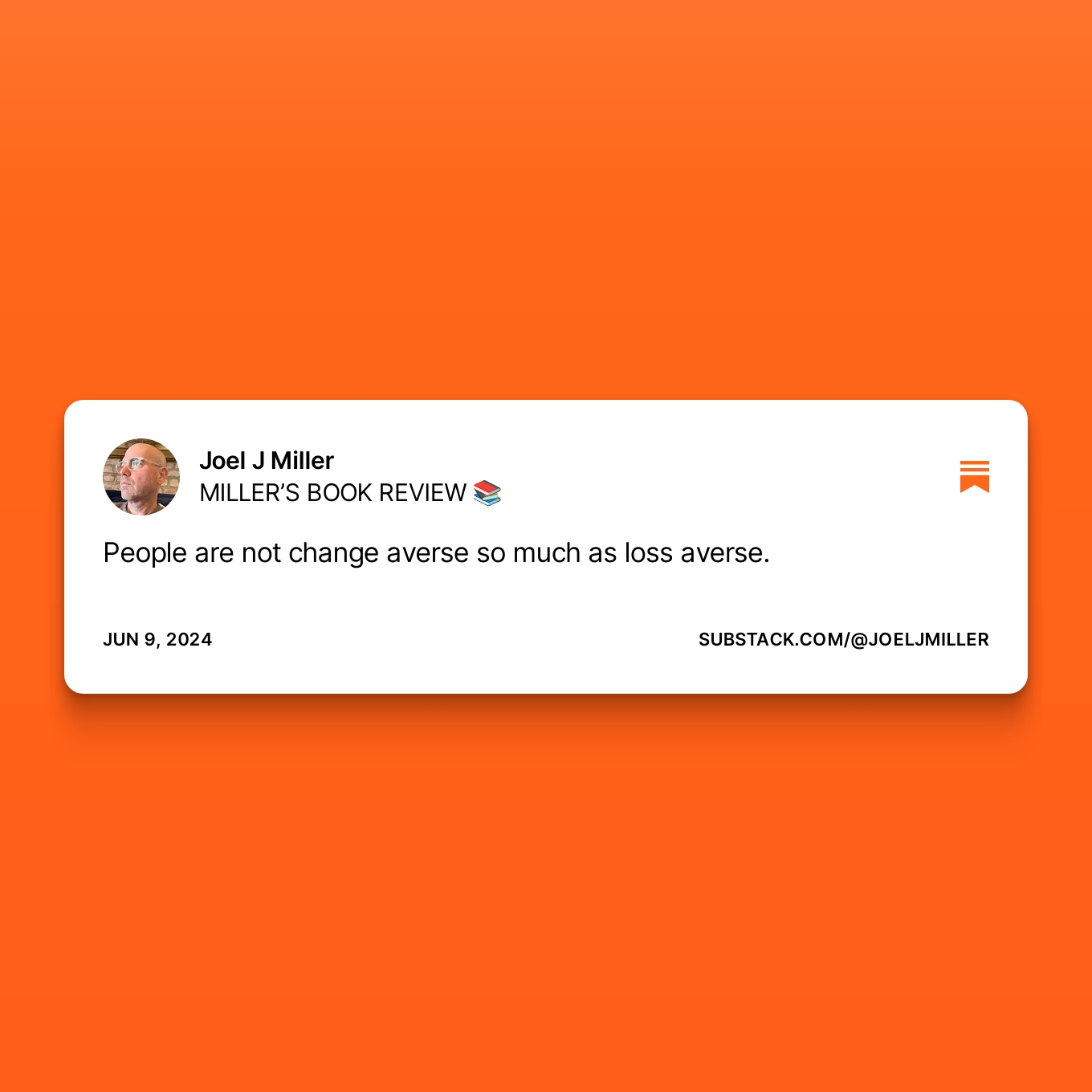Anyone who knows me well knows that I both hate change and I thrive with change.
It is a paradox I have lived with my entire life.
I do not like being the new person in the room or the person who knows the least. I struggle to make new relationships and would much rather sit in a corner and wait for others to come to me. I love traditions and knowing what is coming next. When I feel ill-prepared for a situation, it raises my anxiety to the point where I freeze for a period before I am able to make any additional decisions. Even easy choices become difficult. I am a perfectionist peacemaker. I don’t want to make waves and I want to do everything just right.
And yet, I paint multiple rooms immediately after we move into a new house. I enjoy most home improvement projects. I want to visit new places instead of old standbys. When I teach the same thing for too long, I need something new to spice up my life. Relatively small changes keep things in my life fresh and new.
My fear of change is a natural human response. Human beings like being comfortable. We like knowing what is expected of us. We like knowing what is expected of others and our institutions. There is a reason why cultures hold onto traditions long after the purpose for those traditions have been forgotten: We like the predictable.
But is there more to it? Is there more to our aversion to change?
After all, change, while difficult, can also bring with it a lot of good. Progress of any kind requires change, which is often why progress is so slow.
It is something I’ve been thinking about a lot since our family’s last move. And as I watch the politics unfolding in this election year, I’m seeing more and more the aversion to change. Then I saw this post on Notes by
:Suddenly a lightbulb went off in my head. I thought about all of the times I had fought change and realized that in nearly every situation, it was the loss that went with the change I feared.
As a child, change always seemed to bring with it is a signicant amount of loss. We moved when I was one, nine, eleven, and sixteen. While I eventually gained a lot through those moves, each one initially came with a lot of painful loss: friends, beloved landmarks, opportunities, increased distance from family, etc. Even when there were good things to embrace in our new homes, I had to grieve the loss before I was able to see the positives, which took time.
I made friends almost immediately after we moved to Illinois when I was nine. It made the loss of my friends and school so much easier. While I grieved the close proximity of the people I had known my entire short life, the new friends helped me quickly recover from those losses.
But my family’s moves to Wyoming when I was eleven and Michigan when I was sixteen were different stories. I didn’t just lose friends during an important part of my adolecence: I lost opportunities to play sports when we left Illinois and choir opportunities when we left Wyoming. I had plans beyond what I was going to do on the weekend. The loss was greater, therefore the acceptance of change took a lot longer. Did I gain a lot through those moves as well? Yes, but it took me a long time to be able to see how the moves could help move me forward instead of holding me back.
And so it has been with nearly every change in my life, even in the experiences I desperately wanted: marriage, my first teaching job, moves to new and better opportunities, children, etc. Any fears I had about those changes came from what I might lose as I took the next step. But in most changes in my life, the eventual benefits far outweighed the painful losses.
This reframing of fear of change also matches my experiences with church hurt, spiritual trauma, and the toxic politics I see around us.
In my many years working in Lutheran education, a field I loved and worked hard to promote and improve, I experienced a lot of change. Coworkers came and went. Students consistently came and then graduated. Educational policy had to be learned, discussed, and then we waited for another change to come from above. I didn’t like those changes, and often it was because of the potential loss that came with it. Friendships would fade as people came and went, including me. Relationships had to be built with new students every year because the old students moved on to college. And I hated the possibility that I might have to get rid of something I loved teaching to make new requirements fit into my schedule.
While it is a common joke that Lutherans don’t change anything, I also see that plaguing my experiences in the church. Sometimes change is good. Much ink has been spilled on best worship practices and rethinking theology, but when I think about fear of change as fear of loss, I can see that at play throughout my entire life. If people love their worship practice, a new music or literagy or structure means the potential loss of a practice that is meaningful to them. Our current church even kept using the old historic sanctuary after building a much bigger, contemporary worship space because people didn’t want to lose the old while building the new. And rethinking theology can come with a loss of power or even loss of self as one has to consider how that theology has formed who they are.
Why do people push back against conversations about climate change? I don’t know anyone who is ok with bad air, contaminated water, and rising summer temperatures. I don’t know anyone who likes paying high electricity and gas bills and I think I’ve heard nearly every person in my life complain about roads and road safety at some point. But people don’t want to lose what has made them comfortable. They have become convinced that switching to renewables will mean losing the electricity they have come to depend on. They fear the loss of freedom of movement from car ownership as cities start pushing for more mass transit. They fear the loss of foods they love and material possessions they believe make their lives better.
Why do people fear changes in tax structures so we can pay for better social programs? Because they are afraid of losing more money when so many are barely able to make it as it is. The chunk of change coming out of our paychecks every two weeks is a shock to the system, and seeing that number increase would be even more shocking. It is hard to understand that most people will save money with improved programs because we are so used to paying out all of the money we spend on our houses, childcare, transportation, and health care piece by piece. We don’t see the full amount all at once. And therefore, it is easy to prey on people’s fear of loss because they can’t see the full picture.
The same series of considerations can be made for nearly every single issue plaguing us in our personal lives and our nation: What do people fear they are going to lose on the path to change?
Does changing for the sake of the planet or our nation or even our families mean losing something along the way? Probably, but what will be gained is so much more, and that is where we need to put our energy. If we want to stop fearing change, and if we want our loved ones and neighbors to do the same, we need to start the difficult process of flipping the script. Ask what people are afraid of losing and acknowledge those losses. Big or small, those losses will be painful. But then focus what what will be gained. Just arguing that something will be a net positive is not enough. People need to see specific ways changes will improve their lives. They need to see how improving the lives of others will also improve theirs. They need to be shown the value of interdependence.
If we want to see a better world for us and generations yet to be born, we need to avoid leaving people out of the conversation. Am I good at this? No. After all, I fear change because I’m afraid of what I’ll lose if I try to persuade the people in my life who seem the most immoveable.
But change is coming. The least we can do is help others see the hope on the other side.
Support my writing
While most of my work here is free for all subscribers, it is still a labor of love that I fit into the few hours I have when I am not teaching or being an attentive wife and mom. If you want to support my writing but do not want to commit to being a paid subscriber, please consider a one-time donation.
You can also support me by ordering my book or books from my favorite book lists at my Bookshop.org affiliate page.
Check out my RedBubble store for related merchandise.



If you want to be a regular supporter, you can upgrade your subscription from free to paid and get occasional content only for paid subscribers.
And thank you for supporting my journey 💗






Thanks for reframing change as an opportunity to grow and look to forward to new experiences. This works in so many instances. You can’t move forward until you acknowledge, accept, and sometimes embrace the loss that occurs with change.
Reframing change to realizing it is loss, well that is powerful.